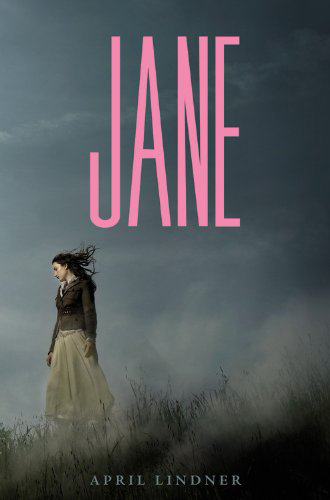
Modern adaptations of classic stories are often hit or miss.
It takes just the right balance of loyalty to the source material and creativity in delivery to make a story built from one time period survive in another.
When a friend recommended April Linder’s “Jane” — a contemporary retelling of Charlotte Brontë’s “Jane Eyre” — I was skeptical.
It didn’t really seem like it would be up my alley, but my twitching withdrawal from all things Eyre-canon was at an all-time high as the new film premiered and left theaters. I was willing to give the young adult adaptation a shot.
And I’m glad I did.
“Jane” follows the plot of Brontë’s novel in today’s setting. Jane Eyre becomes Jane Moore, a college dropout who begins working as a nanny to support herself after her parents die in a car accident.
She eventually finds the position at Thornfield Park, the home of notorious rock star Nico Rathburn, Linder’s Mr. Rochester, to take care of his 5-year-old daughter.
Rathburn is a Springsteen-esque rock star with a bit of an edge: a dubious history of wild behavior with all the trappings of the “sex, drugs and rock n’ roll” lifestyle.
His character grapples with his fame, wealth and family secrets in a similarly manic way to his Brontë counterpart, which doesn’t bode particularly well for the young nanny who eventually falls in love with him.
The novel is simple to follow and probably a bit more fun for a reader who’s already been through the “Jane Eyre” gauntlet.
It’s fun to see how the names, actions and mannerisms transfer to our day.
Jane’s character, whose sole mission in the Brontë novel is to acquire independence and happiness as a woman in her era, shines in the modern day where the desire not to compromise emotions or self-respect is still a familiar and very human struggle.
The only part of the book I didn’t really enjoy was the way the big mystery of the novel — Rathburn’s first wife — was handled.
In terms of the Brontë novel, keeping an invalid locked in your attic to avoid subjecting her to crooked and terrifying institutions was a more sympathetic action.
In the late-2000s, it’s just a bit too crazy, criminal and archaic of an idea to really stay afloat.
Otherwise, “Jane” is a faithful update of the classic story that’s undoubtedly worth retelling.

